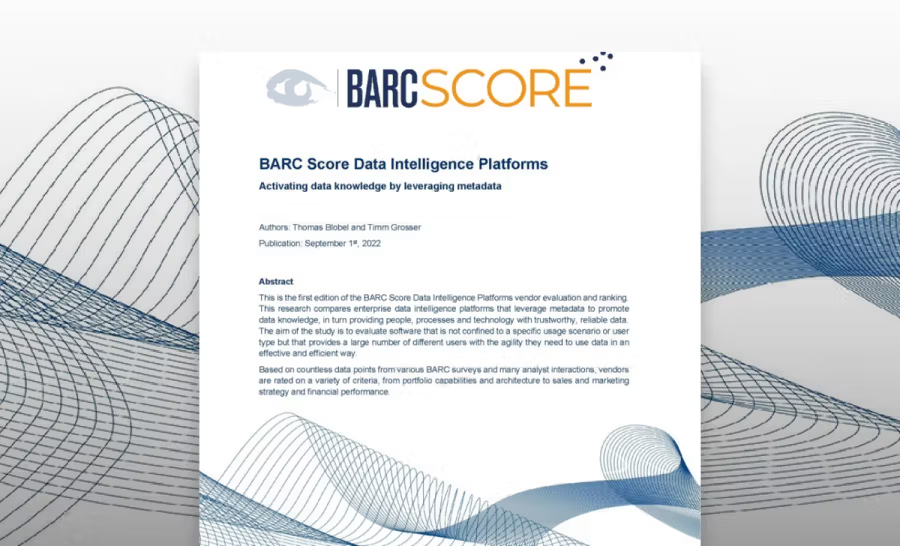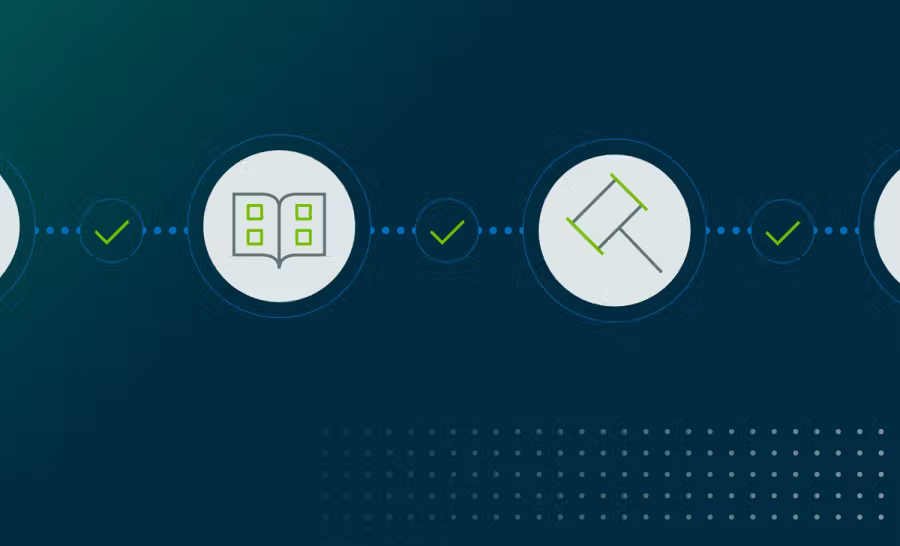The benefits of a data-centric culture

Building a data-centric culture at your organization is essential if you want to keep up in today’s increasingly digital landscape – and not just for the obvious reasons.
While a lot of businesses focus on the logistical benefits of data applications, the real advantages of a data-centric culture go far beyond reducing your reliance on manual paperwork. In fact, a culture designed around data can make your business more competitive in a number of highly impactful ways. You just have to know what you’re aiming for and why it’s worth putting in the effort.
Here’s what to know about the major benefits of a data-centric culture, plus what it really means to put data at the heart of organizational decision-making.
What does it mean to be data centric?
The corporate world is full of meaningless buzzwords. But unlike broadly defined “pivots,” “value adds,” and “game changers,” data-centricity is a truly actionable approach to making wide scale, sustainable improvements.
In a data-centric culture, data is deployed with purpose rather than simply being collected and stored for the sake of it. This data serves as a permanent asset, with various applications built around the data, instead of the other way around. In this way, data is positioned at the heart of organizational structures, systems, and processes. This ensures that the data gets put to use, and reduces the amount of effort that goes into pulling out (and acting on) key insights.
Direct benefits of a data-centric culture
Companies can store all the data they want, but without data-centricity, it’s hard to put it all to good use. Here are just some of the ways that investing in a truly data-centric culture can benefit your business and ensure you get the competitive edge you need.
- It gives purpose to your goals. Being data-centric allows you to give context to your short- and long-term objectives, and track your wins and losses in real time. The result is a clearer path to success and a deeper understanding of why certain initiatives are on the table.
- It keeps everyone on the same page. A data-centric culture doesn’t just energize your workforce – it also eliminates data silos between departments. Along the way, it helps you maintain consistent progress, and collaborate with efficiency during cross-functional partnerships.
- It speeds up adoption and helps you scale. As your business grows, so will your use of systems, tools, and applications. With your data as a permanent asset, your data scales with you and acts as a constant, regardless of how your organization evolves.
- It encourages innovation. The better the insight you have into your strengths and weaknesses, the greater the opportunity for identifying areas where innovation is possible. This includes everything from reducing spending to streamlining processes. With data-centricity, you’ll have the analytical support you need to effectively drive your plans.
There is no such thing as inherent value in data. Rather, it’s how you use your data that matters. Building a data-centric culture ensures that the entire organization is using data to make impactful business decisions.
In this post:
Related articles

Data IntelligenceJanuary 27, 2022
Accelerate IFRS-17 Compliance with Data Intelligence Platform

Data IntelligenceSeptember 27, 2022
Collibra is a Market Leader in first-ever BARC Data Intelligence Platform Vendor Evaluation

Data IntelligenceOctober 28, 2022
The must-have checklist for maximizing the value of your data catalog and governance investments with Collibra

Data IntelligenceMarch 10, 2022
Improve data literacy and data sharing in government
Keep up with the latest from Collibra
I would like to get updates about the latest Collibra content, events and more.
Thanks for signing up
You'll begin receiving educational materials and invitations to network with our community soon.
